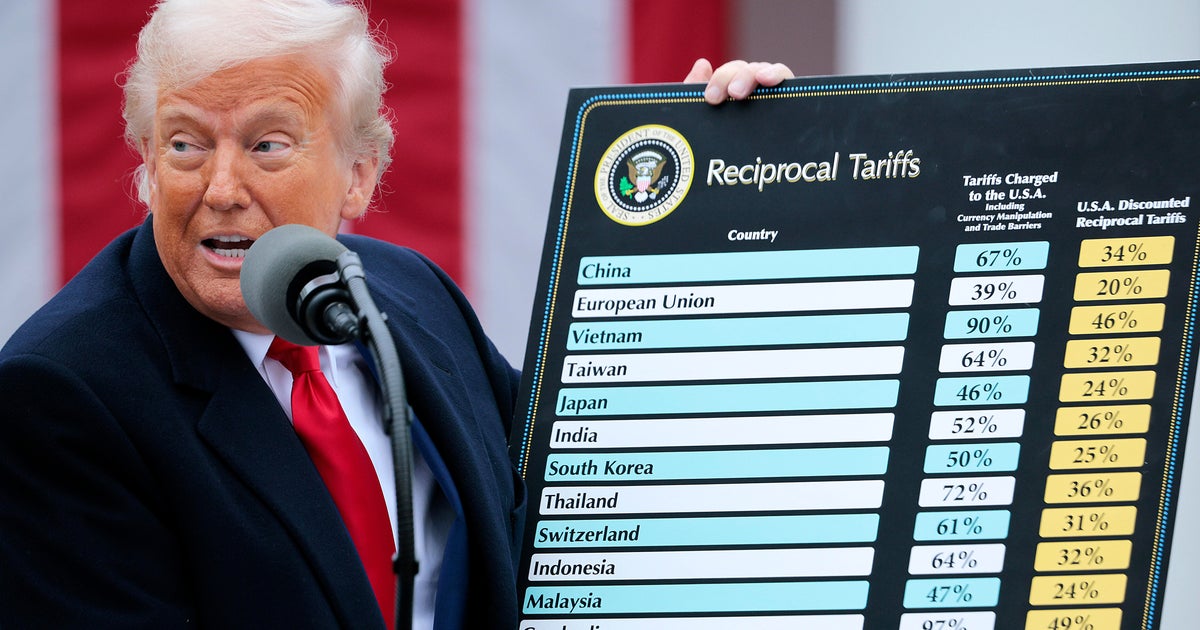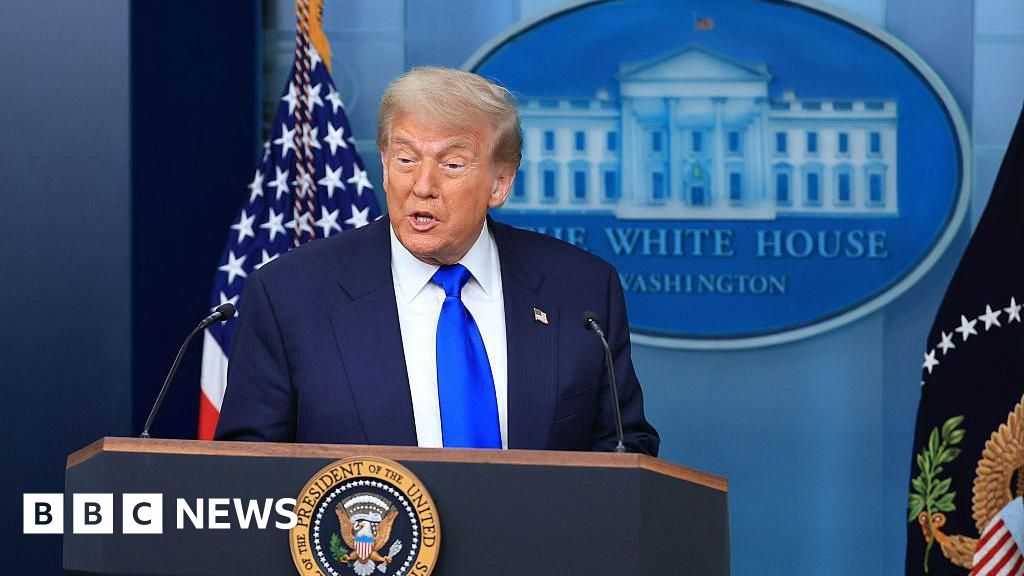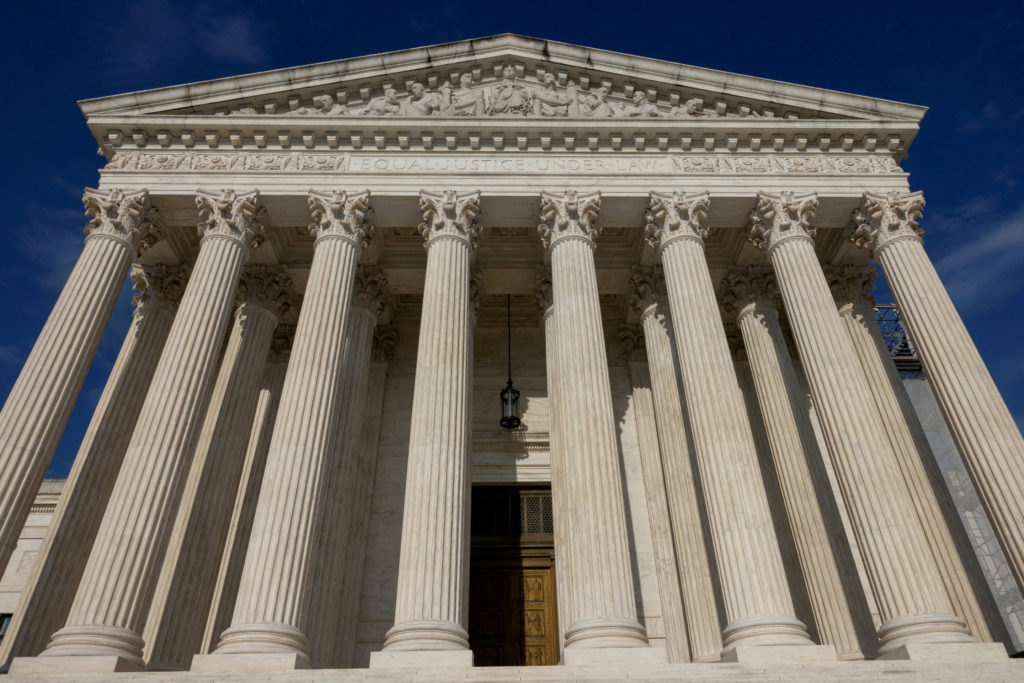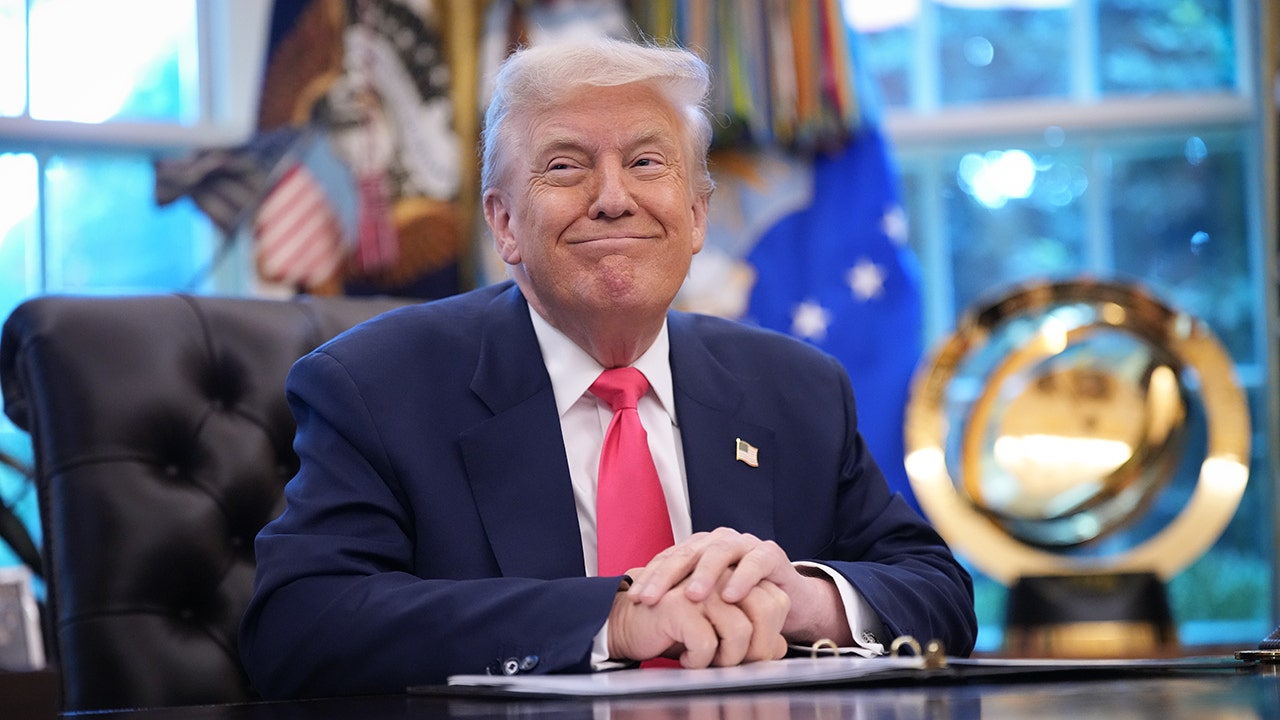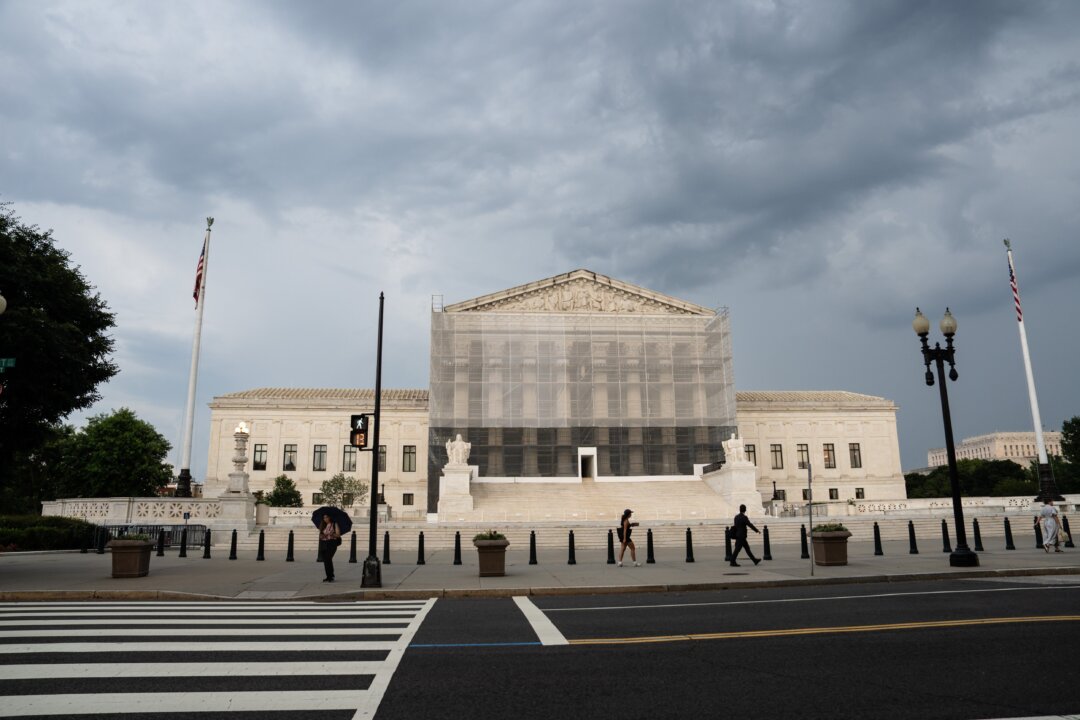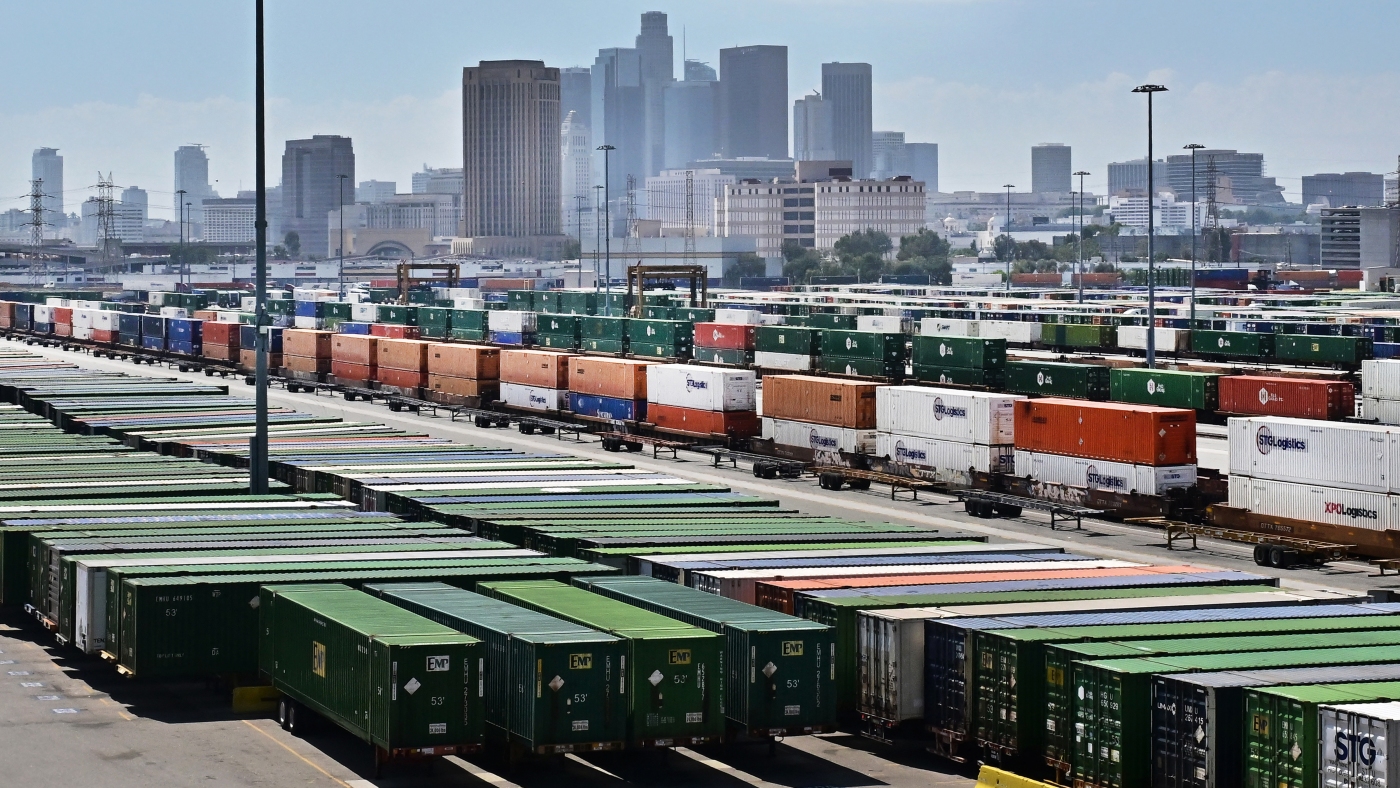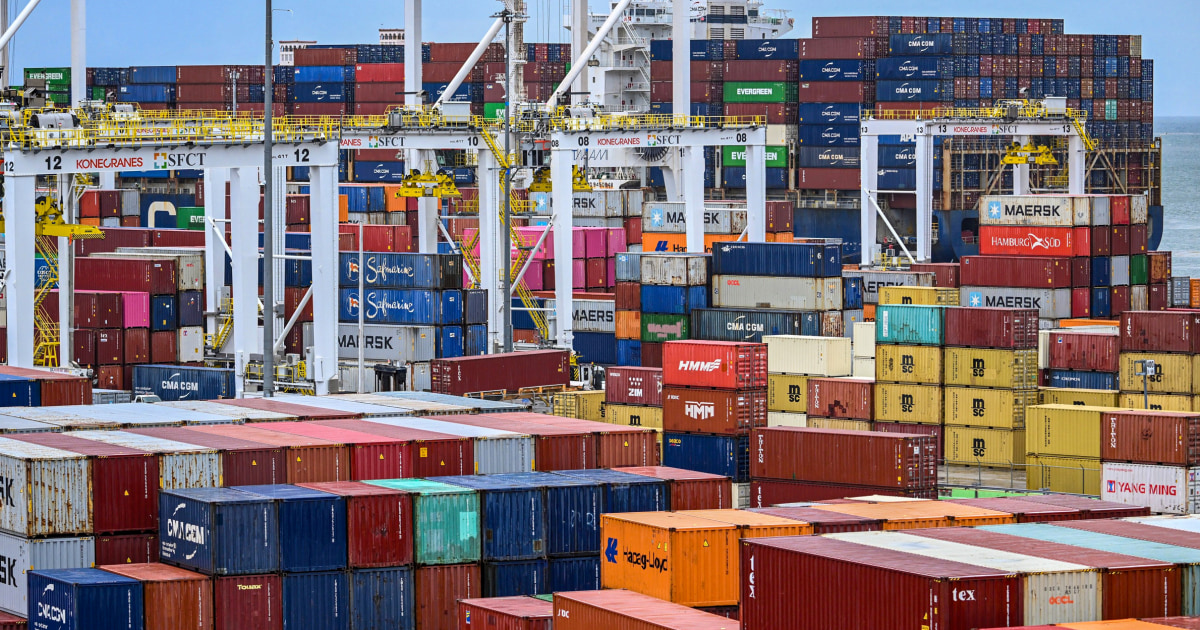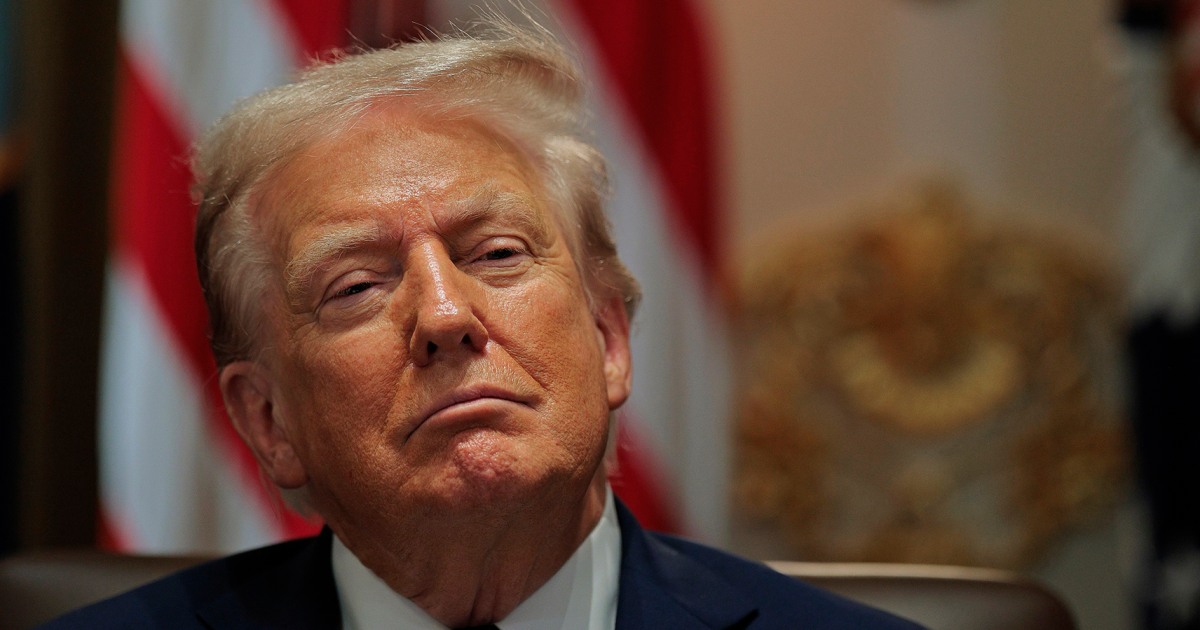Supreme Court to Expedite Review of President Trump's Sweeping Tariffs
The Supreme Court will quickly decide the legality of President Trump's global tariffs, challenged by states and businesses, focusing on presidential authority under the 1977 IEEPA.
Subscribe to unlock this story
We really don't like cutting you off, but you've reached your monthly limit. At just $5/month, subscriptions are how we keep this project going. Start your free 7-day trial today!
Get StartedHave an account? Sign in
Overview
- The Supreme Court will quickly hear arguments in November regarding the legality of President Trump's global tariffs, following requests for swift action from the administration.
- Lower courts have ruled that President Trump exceeded his authority by imposing tariffs under the International Emergency Economic Powers Act (IEEPA), which they say does not grant unlimited tariff power.
- The case involves billions of dollars in collected tariffs and has significant implications for presidential power, with the Trump administration arguing against economic catastrophe if tariffs are removed.
- Small businesses and a dozen states are challenging the tariffs, claiming they have caused severe financial hardship, while the administration seeks to assert its power to regulate imports.
- The Supreme Court's decision will address whether the president or Congress holds the exclusive power to impose tariffs, a key aspect of Trump's foreign policy strategy.
Report issue

Read both sides in 5 minutes each day
Analysis
Center-leaning sources cover the story neutrally by presenting a balanced overview of the Supreme Court case regarding Trump's tariffs. They detail both the administration's rationale and the challengers' arguments, along with the legal context and potential financial implications, without adopting a particular stance or using loaded language.
Articles (22)
Center (9)
FAQ
The Supreme Court is reviewing whether the International Emergency Economic Powers Act (IEEPA) authorizes the president to impose sweeping tariffs on nearly all imported goods from U.S. trading partners without congressional approval.
President Trump imposed two categories of tariffs: 'trafficking tariffs,' targeting goods from countries accused of not halting fentanyl flow (Canada, China, Mexico), and 'reciprocal tariffs,' imposing a minimum 10% tariff, potentially up to 50%, on products from nearly all countries worldwide.
Lower courts, including the U.S. Court of Appeals for the Federal Circuit and the U.S. Court of International Trade, ruled that President Trump exceeded his authority under the IEEPA by imposing broad tariffs, finding the law does not grant unlimited tariff power.
Small businesses and a dozen states have challenged the tariffs, arguing they cause severe financial hardship, while the Trump administration defends the tariffs as necessary to prevent economic catastrophe and asserts presidential power over imports.
The Supreme Court's decision could redefine the balance of power between the president and Congress in imposing tariffs and affect the scope of presidential authority under emergency economic laws, impacting future U.S. foreign trade policy.
History
- This story does not have any previous versions.
